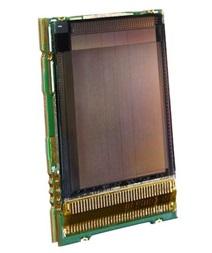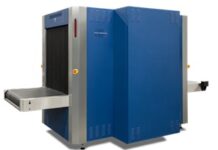
NEXT Biometrics has launched a new fingerprint sensor in response to customer requirements. The ‘L1 Slim’ is a new addition to its NEXT Basalt FAP 20 product series (formerly NEXT Access 300 series) and is the thinnest sensor of its kind, while maintaining the same security and performance. This optimises the integration process for identity verification module, point of sale terminal, tablet and other device makers.
The sensor is also certified for use in India’s Aadhaar program and countries adopting the Modular Open Source Identity Platform (MOSIP) framework for their national ID programs, reducing time-to-market by up to 12 months.
“We love it when customers come to us with a challenge,” comments Marcus Laurén, Chief Product Officer at NEXT Biometrics. “As devices get more compact and competition is fiercer than ever, integration efficiency can be the difference between commercial success and market follower. Our hardware and software engineers are now poised to help OEMs around the world to integrate this super slim sensor to bring strong biometric authentication to any device.”
NEXT’s Active Thermal technology uses both heat from the finger and 3D imaging to authenticate the user. This enables superior liveness detection to combat spoofing attacks, when compared with other fingerprint authentication technologies. With embedded hardware, the overall cost of the solution is reduced, and integration of the hardware and software is simplified.
The NEXT Basalt L1 Slim product minimises sensor thickness and optimises image resolution and energy consumption, simplifying integration with devices like readers, peripherals, terminals and more. This enables portability of identification devices and exceptional performance in varying light and environmental conditions.
Over the last 25 years, NEXT Biometrics has shipped more than 10 million sensors. Its Active Thermal® technologies are certified by entities including Aadhaar, FBI-PIV, MOSIP Compliance and NIBSS, and have been implemented in countries including Bangladesh, China, Ghana, India, Malaysia, Pakistan, U.S. and Vietnam











